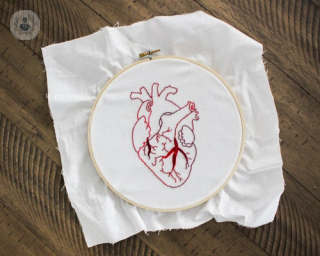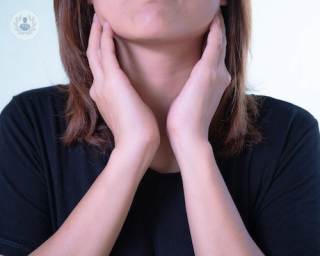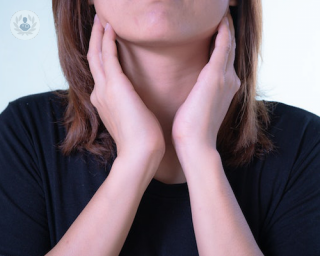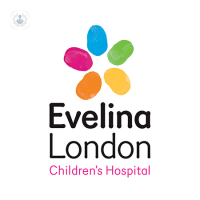Fever
Dr Jonathan Henderson - Paediatrics
Created on: 11-13-2012
Updated on: 03-29-2023
Edited by: Conor Lynch
What is a fever?
A fever is when your body temperature temporarily rises higher than normal. An adult’s body temperature should be approximately 37°C, but when it reaches 38°C or above, it is classed as a fever.
Most of the time, it is caused by an infection, but it can be the result of a non-infectious condition triggering the body’s inflammatory response. In general, a fever helps your body fight infection. By increasing the body’s temperature, it makes it harder for the bacteria or viruses to survive – it’s your body’s natural defence.
How can a fever develop?
The prognosis will depend on what is causing the fever. With proper treatment, it shouldn’t be a problem, but if a fever is persistent, it is important to consult with your GP or a specialist to make a diagnosis.
What are the symptoms of a fever?
The main symptoms of a fever are:
- high temperature
- chills and shivering
- general discomfort
- headache
- muscle aches
- weakness
- dehydration
- loss of appetite
- febrile seizure (usually in young children)
How is a diagnosis made?
At home, you can check your or your child’s temperature. There are several ways to do this: using an oral, rectal, ear or forehead thermometer. The most common way is by using an oral thermometer by placing it under the tongue or the armpit.
If you see a doctor about your fever, they may ask about your symptoms and medical history, perform a physical exam and do some blood tests. If your newborn baby is suffering from a fever, he/she might be admitted to the hospital for testing and treatment. A fever in a baby younger than twenty eight days can indicate a serious illness.
What are the causes of a fever?
The main cause of a fever is from a viral or bacterial infection, although in rare cases medications, heat exhaustion, hyperthyroidism, a malignant tumour and rheumatoid arthritis may be responsible. However, the most common causes of a fever are:
It is important to note that throughout the day our body temperature fluctuates – usually lower in the morning and higher in the evening – so it’s normal for your body temperature to vary by a degree or more.
Can fevers be prevented?
A fever can’t be prevented, as it’s the body’s natural response to an infection. However, contracting infectious diseases can be prevented by reducing your exposure to them. In children, this can be prevented by vaccination such as measles, mumps, rubella, chickenpox, etc.
In addition, adults can protect themselves by following good hygiene practise, washing their hands frequently, not touching their nose, mouth or eyes often and not sharing cups and utensils with others.

How is a fever treated?
In cases of minor fever, your doctor may not recommend treatment to lower your temperature as it’s beneficial for your body to fight the infection on its own. If the fever is high, there are many over-the-counter medications you can take, such as paracetamol and ibuprofen to bring the temperature down. If your symptoms are very severe, the main treatment is usually aimed at fighting the infection. A specialist may need to prescribe antibiotics or other forms of medication.
If a high fever develops in a child, you can give them paracetamol or ibuprofen to relieve their symptoms, but ensure that you check on them regularly at night and that they get plenty of fluids throughout the day. Children under three months should not be given paracetamol or ibuprofen and those with asthma should avoid ibuprofen. Never give aspirin to a child under sixteen.
Which home remedies help with treating a fever?
When treating a fever at home, there are several steps you can take to alleviate your symptoms and feel more comfortable:
- Sleep and rest: resting can boost your immune system and get you feeling better sooner. When you sleep, it helps your body fight the infection that is causing you to feel unwell.
- Drink plenty of fluids: a fever can cause rapid fluid loss and dehydration. Drink plenty of water and juices, and for children, you can also give them ice pops which will help cool them down.
- Dress lightly and stay cool: keep the room at a comfortable temperature and dress in light clothing so as not to overheat.
When is a fever considered to be dangerous?
If you or your child’s temperature is higher than 39°C, it is considered a high-grade fever. If it reaches above 42°C it is considered dangerous and this type of fever should not be left untreated as it can lead to serious, long-lasting damage. Always visit your GP if you have any worries or doubts.
What type of doctor treats a fever?
A range of specialists may treat a fever according to the cause behind it including rheumatologists, paediatricians and general practitioners.












